The way businesses handle payments is changing fast. Customers are asking to pay in Bitcoin, stablecoins, and other digital assets, while merchants want faster settlements and lower fees than banks provide.
That’s where crypto payment gateways come in. They make it possible for businesses to accept cryptocurrencies securely and convert them into usable value, whether in crypto or local currency.
What is a Crypto Payment Gateway?
A crypto payment gateway is a bridge between digital currencies and real-world commerce. It allows merchants to accept Bitcoin, Ethereum, stablecoins, and thousands of other assets directly from customers. Gateways handle the transaction, confirm it on-chain, and either pass the crypto through to the merchant or settle it in fiat currency.
Unlike basic wallets, gateways are built for business. They include dashboards, reconciliation tools, and settlement options, all designed to make accepting crypto as straightforward as taking a card payment.

Why Businesses Use a Crypto Gateway
Businesses choose crypto payment gateways for several reasons:
- Faster international settlements than banks can offer
- Lower processing costs compared to card networks
- Access to global customers who prefer to pay with crypto
- Stablecoin payments that protect against inflation or currency volatility
- Borderless transfers that make it simple for global businesses to accept and move value without banking restrictions
From small online shops to multinational enterprises, accepting digital assets is no longer just a novelty. It is becoming a competitive advantage.
Key Features of a Business-Ready Gateway
Not all crypto gateways are created equal. A business-ready gateway should provide:
- Support for a wide range of assets, including Bitcoin, Ethereum, stablecoins, and memecoins
- Easy integration through POS, APIs, plugins, or hosted checkout pages
- Compliance options where required, including KYC and reporting tools
- Settlement in crypto, stablecoins, or local currency
- Dashboards for monitoring transactions, fees, and payouts
These features make gateways usable in day-to-day business, not just for tech-savvy merchants. Choosing the right cryptocurrency payment gateway ensures your business can handle settlements smoothly, whether you need crypto, stablecoins, or fiat.

Types of Crypto Payment Gateways
Businesses can choose different gateway models depending on their needs:
- Direct crypto gateways that settle transactions directly in digital assets
- Hybrid gateways that allow settlement in fiat, stablecoins, or crypto
- White label crypto payment gateways that provide branded solutions for companies wanting to integrate crypto payments into their own platforms
The Best Crypto Payment Gateways in 2025
Competition among gateways is growing, with providers offering different levels of coverage, supported assets, and settlement methods. For many merchants, finding the best cryptocurrency payment gateway in 2025 means balancing cost, coverage, and compliance.
Zypto Pay is long established in this generation of payment gateways, supporting over 100 cryptocurrencies, including Bitcoin, Ethereum, and stablecoins, with settlement options in crypto or local currencies. Businesses can integrate it through point-of-sales, APIs or use it as a ready-to-go hosted solution.
For a closer look at today’s top options, check out The Best Crypto Payment Gateway for Businesses.

How to Accept Crypto Payments as a Business
Getting started with crypto payments is easier than many expect:
- Create a business account with a crypto gateway provider
- Connect through your POS, an API, website plugin, or hosted checkout
- Start accepting Bitcoin, Ethereum, and stablecoins from customers
- Choose your settlement preference, whether crypto, stablecoins, or fiat
To explore a wider range of enterprise options, see our post on Crypto Business Solutions: Payments, Custody, Development & More.
White Label Crypto Payment Gateways
Some businesses want more than a plug-and-play solution. White label crypto payment gateways allow enterprises and payment providers to integrate crypto directly into their platforms with their own branding. This makes it possible to serve customers while retaining full control of the user experience.
For businesses seeking white-labeled payment solutions, see our guide to White Label Crypto Cards and Payment Infrastructure.
Why Choose Zypto Pay
Zypto Pay is designed for businesses that need more than basic crypto acceptance. With support for 100+ digital assets, worldwide availability, and integration into the wider Zypto ecosystem, it gives merchants real flexibility. Businesses can accept payments from global customers, and connect with additional services such as wallets, cards, and bill pay.
Ready to Accept Crypto Payments?
Zypto Pay makes it easy for businesses to embrace the future of payments. Whether you’re looking to reduce fees, reach global customers, or settle in stablecoins or fiat, our crypto payment gateway is built for your needs.
Want to explore how it could work for your business?
Book a free consultation with our team today.

FAQs
What is a crypto payment gateway and how does it work?
A crypto payment gateway lets businesses accept digital currencies like Bitcoin or stablecoins from customers. It verifies the transaction on the blockchain and settles the funds in either crypto or local currency.
Can I accept crypto payments without handling cryptocurrency directly?
Yes. Many gateways allow settlement in stablecoins or fiat currency, so your business can accept crypto without holding or managing it directly.
Which cryptocurrencies can I accept through a payment gateway?
Most gateways support Bitcoin, Ethereum, and stablecoins like USDT and USDC. Some also support altcoins and memecoins depending on the provider.
What are the benefits of using a crypto payment gateway for my business?
Crypto gateways can reduce transaction fees, enable faster international settlements, provide access to global customers, and support stablecoin payments that avoid volatility.
Is it legal to accept crypto payments as a business?
In most countries, yes. However, regulations vary by region. Some gateways offer compliance tools like KYC, tax reporting, and regulated settlement to help businesses meet local requirements.


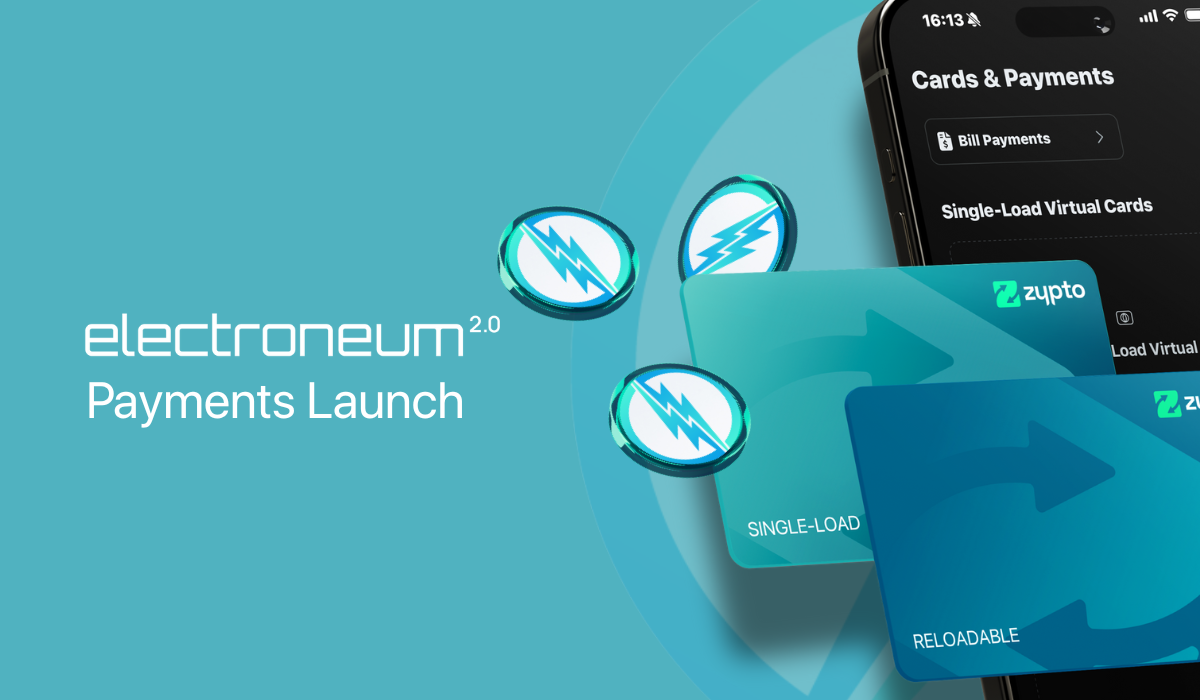
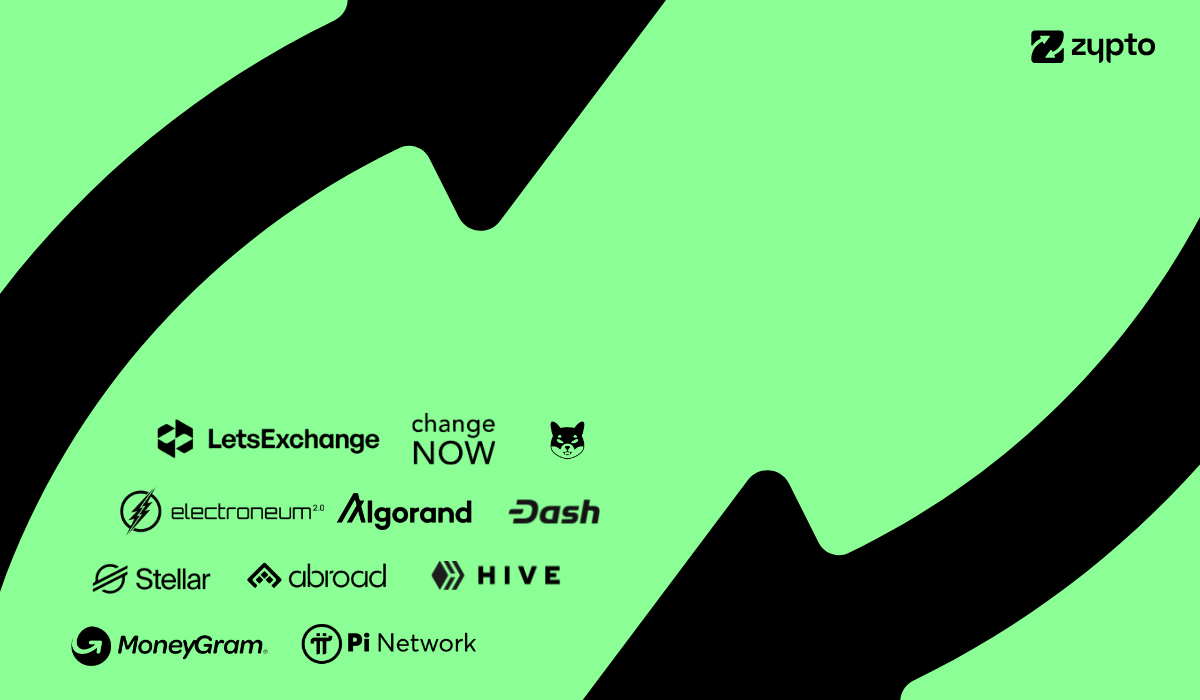
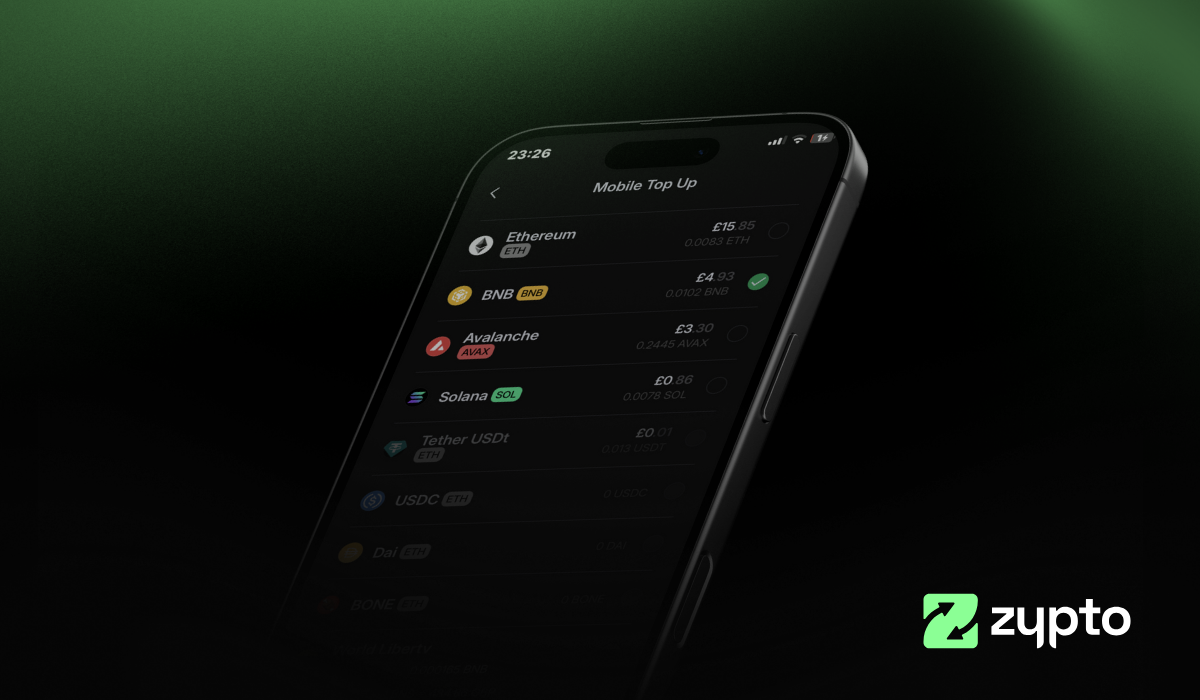
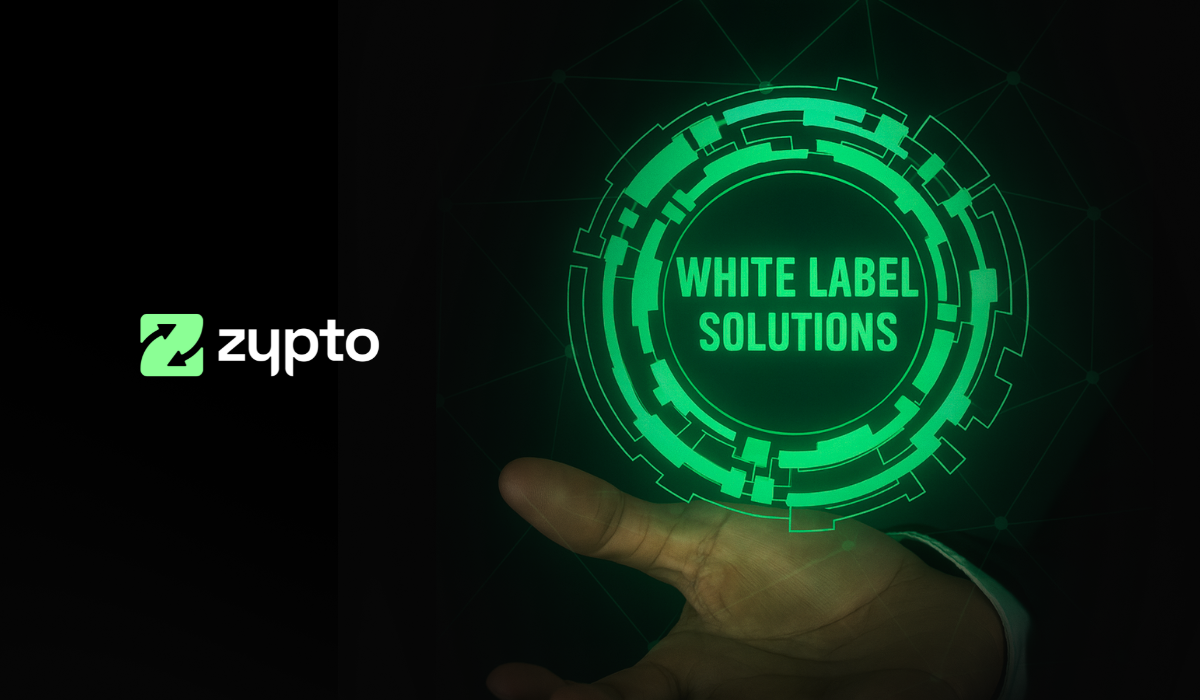


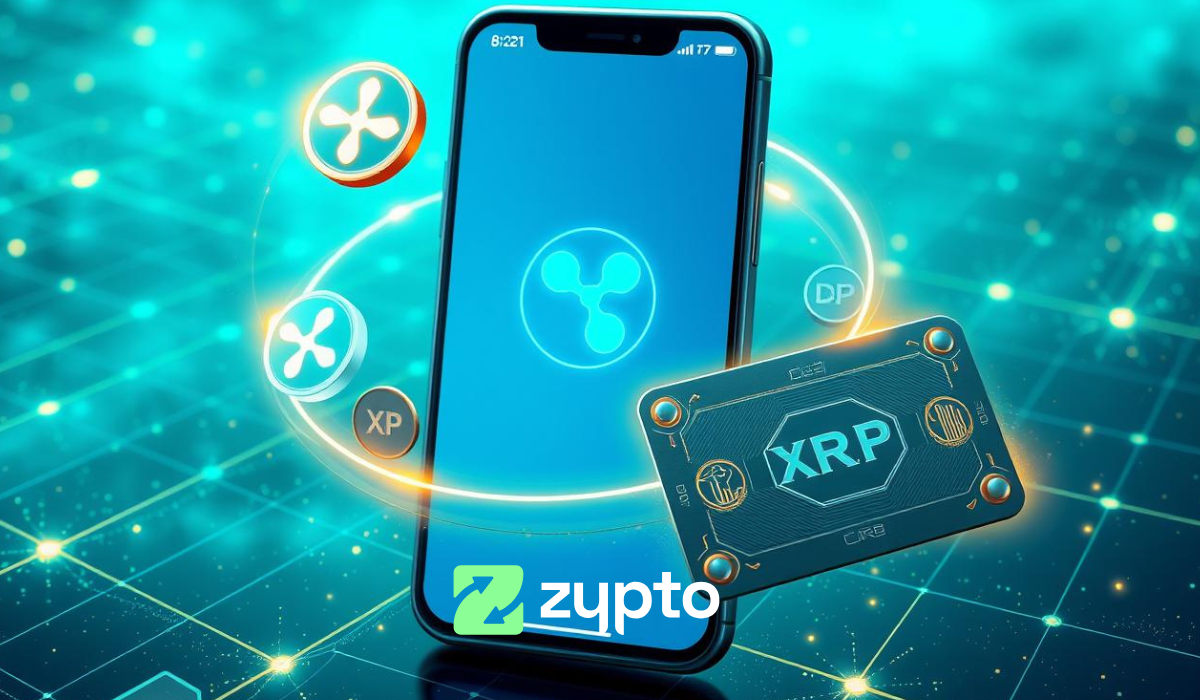
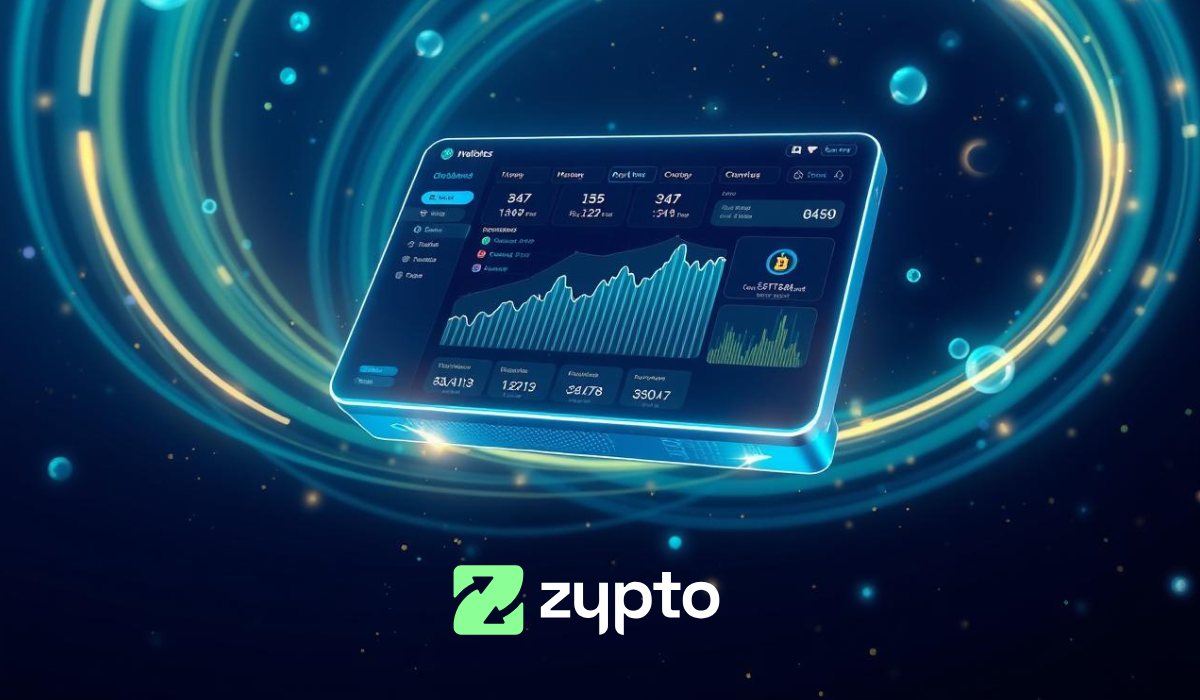
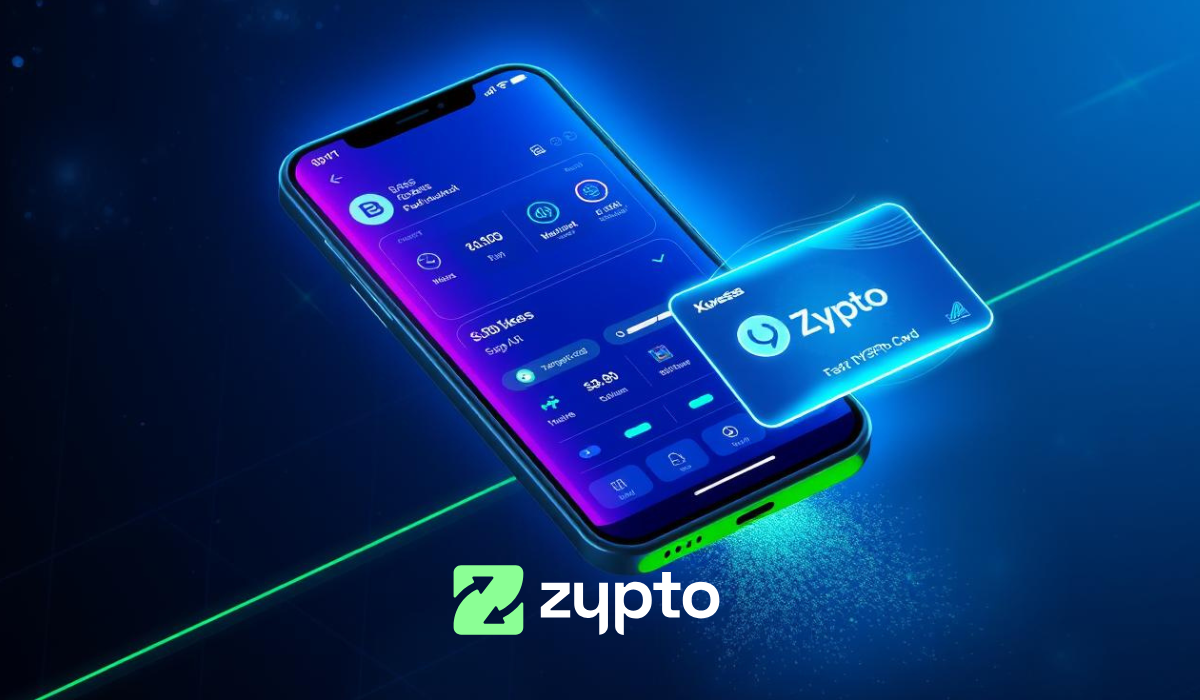

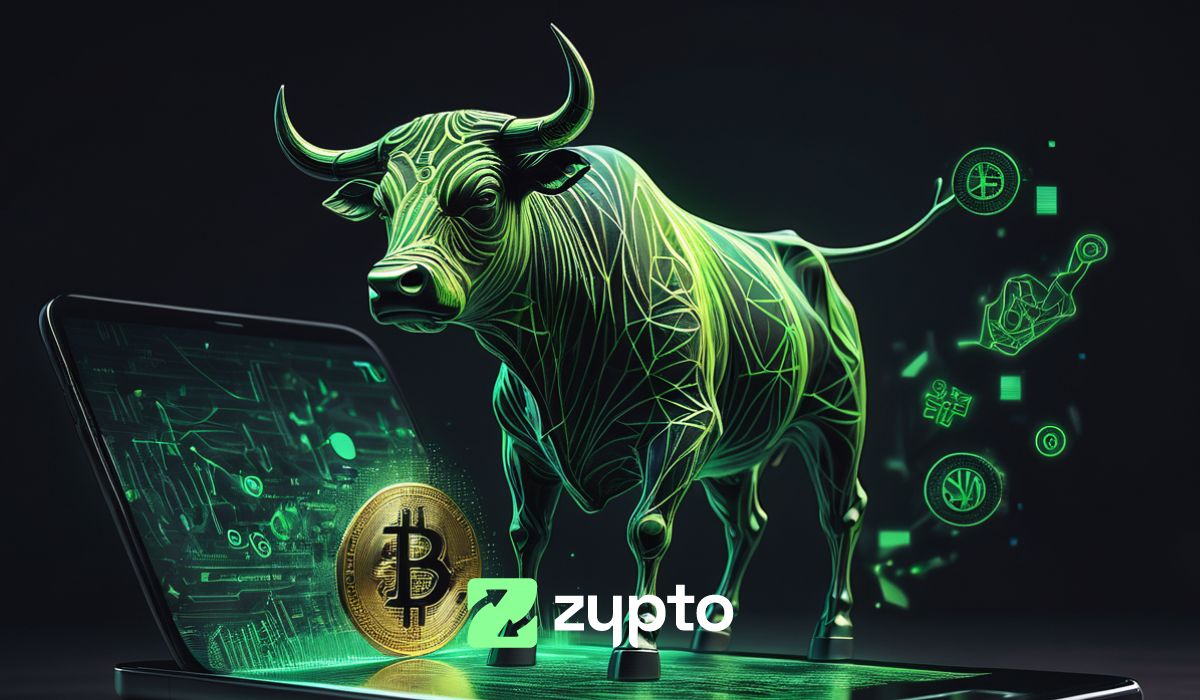





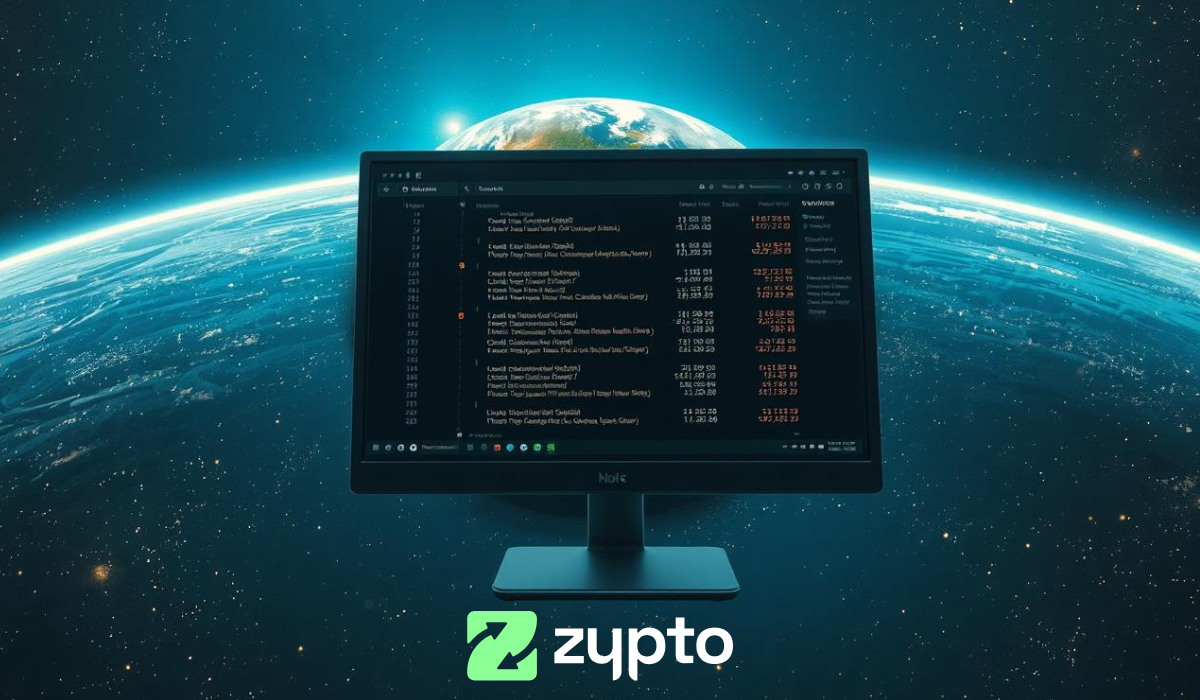



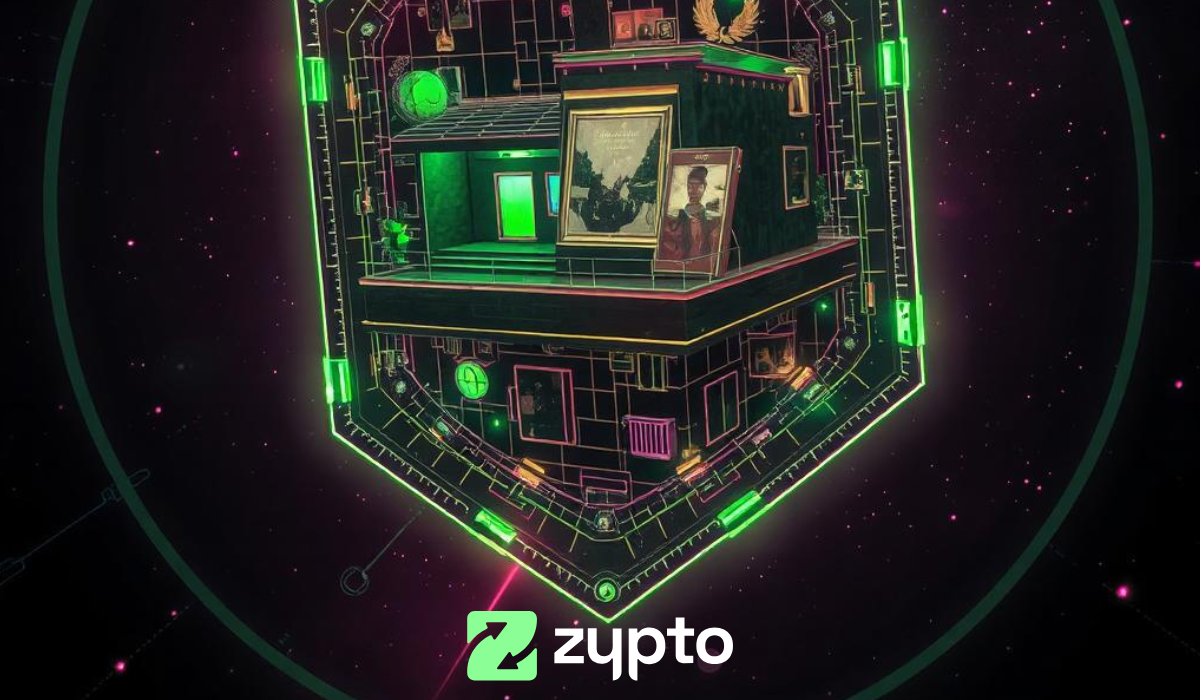

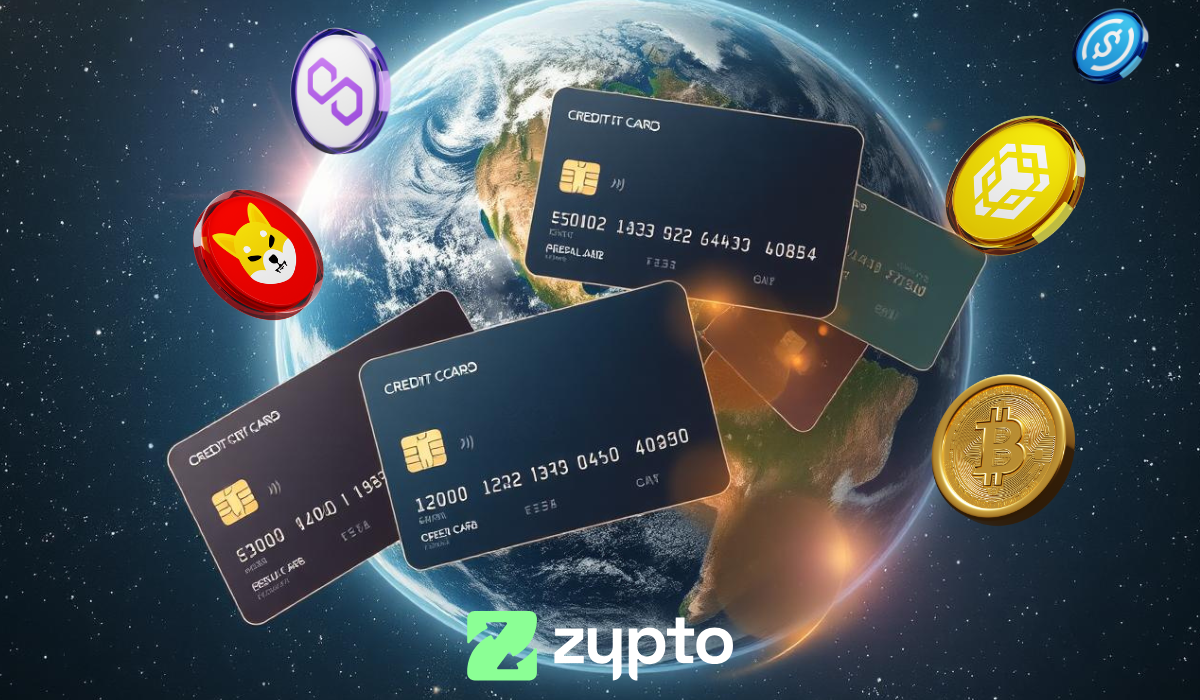







0 Comments